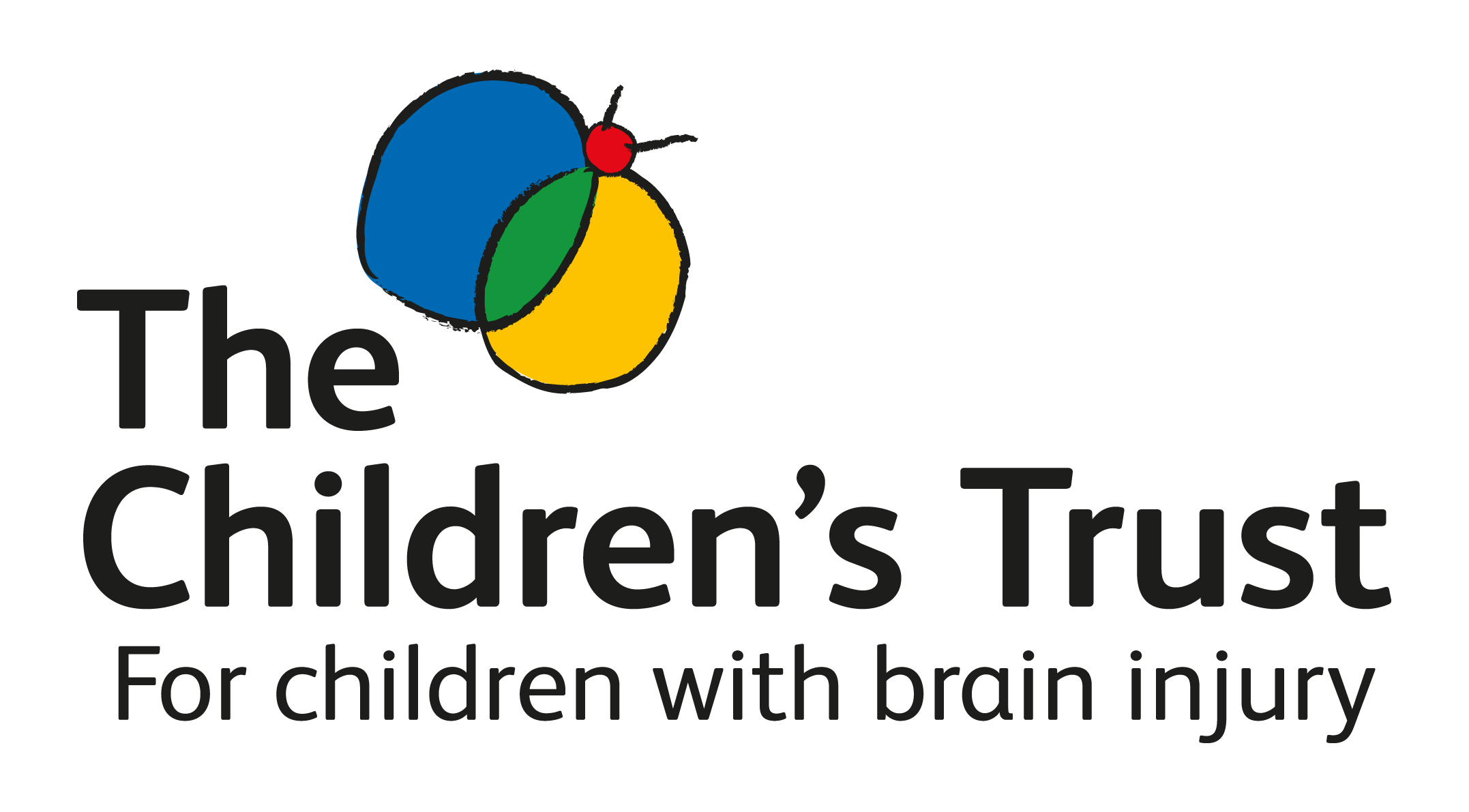SPECS is an acronym for the core psychosocial factors that are important to address in successful neurorehabilitation: Social, Physical, Emotional, Cognitive and Spiritual. Very few training packages exist for professionals that specifically address the unique psychosocial needs of children and young people (CYP) with severe acquired brain injury (ABI), as well as their families and staff looking after them.
In line with the core principles behind the international classification of functioning: disability and health, children and youth version (ICF-CY; WHO, 2007); SPECS is a training package that aims to increase the skills and confidence of professionals working directly with children and young people with acquired brain injury and their families – supporting the ultimate purpose of increasing meaningful participation in life. SPECS is designed to promote psychosocial rehabilitation, reflective practice and self-care in teams.
The importance of addressing the holistic needs of children and young people with long-term neurological conditions through specialist rehabilitation is a major motivator of the Annual Report of the Chief Medical Officer (2012) “Our Children Deserve Better”. Psychosocial factors are major predictors of long-term outcomes in this population (Ross et al, 2011). If psychosocial stressors are buffered and resiliencies increased, even those who are living with a severe acquired brain injury (ABI) can achieve a high quality of life. In other words, quality of life does not decrease in a linear fashion with increased severity of ABI. It is imperative that professionals are trained to work to rehabilitate not only the cognitive and physical deficits but understand the intricate interplay between psychosocial support, cognitive recovery and long-term life course outcomes.
SPECS was developed through collaboration between staff and parents of children and young people supported by The Children’s Trust, the UK’s leading charity for children with brain injury.
SPECS comprises two days training which concentrates on the different aspects of psychosocial care, including:
Introductory day
- Thinking more deeply about children/young people and their context
- Maintaining personhood/individuality
- Understanding children/young people and family in the context of ABI
- Family habits and values
- Preparing to meet a new child/young person and family: practice examples
- Beginnings and endings
- “Seeing yourself in a new light”
- Siblings and relationships
- Insight
- Top tips
Advanced day
- What does ‘culture’ mean?
- Working with families to support their cultural needs
- Insight of the child/young person and parents/families
- Risks of Insight
- Self-Care
- Adjustment, grief and loss
- Managing expectations and transitions
- Managing social situations
- Responding to looks, stares and comments
- Coping with difficult questions “what shall I say?”
- Complex presentations and situations that challenge us
- Managing difficult questions and feelings
- Active listening and communication skills
- Non-verbal communication
- Working with parents effectively
- Lots of practice examples, group reflective tasks and discussion
- Top tips
The key benefits that SPECS training offers professionals have been reported as enhanced awareness, knowledge, confidence and skills to work effectively with children/young people and families affected by acquired brain injury. In turn families have reflected on the abilities of staff to support them in increasing their knowledge of acquired brain injury, enhancing coping, adjustment and adaptation and reducing a sense of isolation.
“The concept of SPECS is very clear and a useful way of thinking around the psychosocial needs of the child”
“I enjoyed it – thinking more about how to recognise/understand a child’s context/personality/culture…was very useful”
“Really good. Loved sharing ideas from the whole team, really useful to get perspectives of other disciplines”
“ I have a better understanding of thoughts, feelings and behaviours presented by children and families”
“Useful to think about ‘Toolkit’, drawing on experience and knowledge of other disciplines”
“SPECS is all about the bigger picture”
“I had to share some devastating news with my child and the staff were there for us then”
“Staff were always there for support or if I needed to vent and a shoulder to cry on”
“I don’t think we met a single member of staff who didn’t have a good understanding of ABI”
For further information on SPECS or to register your interest in our next course, please email enquiries@thechildrenstrust.org.uk
If you’re interested in learning more about the support The Children’s Trust can offer to children and young people you may be working with, come along to our Professional Showcase event. Taking place on Friday 8 November, this is a FREE event designed with case managers in mind. To book or for further information, please visit www.thechildrenstrust.org.uk/showcase

